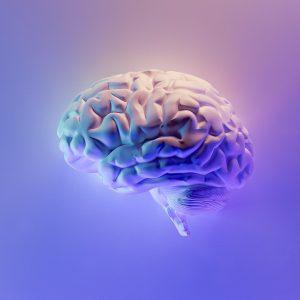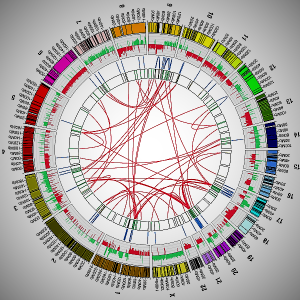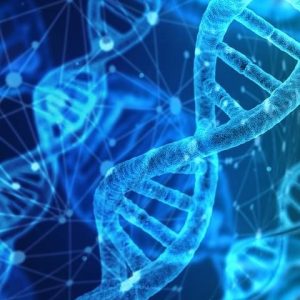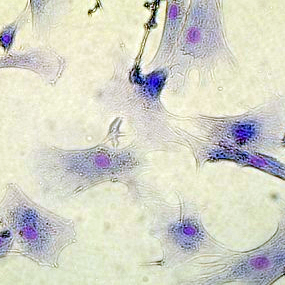Programs
HGINJ is comprised of prominent research scientists with specialties encompassing a broad range of topics. Areas of concentration currently include the following core programs: Brain Disorders, Cancer Genomics, Computational Genetics, Reproductive Genetics, and Stem Cells.

Brain Disorders Program
Researchers in the Brain Disorders Program at the HGINJ are dedicated to understanding the genetic causes of mental illness and committed to developing improved treatment plans and eventually preventative care for those who are afflicted.

Cancer Genomics Program
Researchers in the Cancer Genomics Program are focused on applying state-of-the-art methods of genomic analysis to better understand the molecular causes of cancer and develop novel treatment and prevention strategies.

Computational Genetics Program
The Computational Genetics Program bridges the gap between studies in genetics, molecular biology and medicine with those in biostatistics, mathematics, and computer programming in order to investigate clinically relevant problems, with the ultimate goal of understanding gene function in both the pathologic and normal states. **Small Travel Awards Available!**

Reproductive Genetics Program
Using a combination of basic and clinical scientific approaches, researchers in the Reproductive Genetics Program identify genes and biomarkers involved in fertility. These findings are translated into clinically relevant applications to improve family planning and provide reproductive options for couples.

Stem Cell Program
The Stem Cell Program (HGINJ-SCP) promotes the use of stem cells to study and cure human disorders. HGINJ-SCP researchers use human embryonic stem cells, induced pluripotent stem cells, and mesenchymal stem cells to study a broad range of human disorders ranging from mental health disorders to cardiac disease. The program uses a combination of organized research meetings and pilot awards to support research teams focused on specific human disorders.
